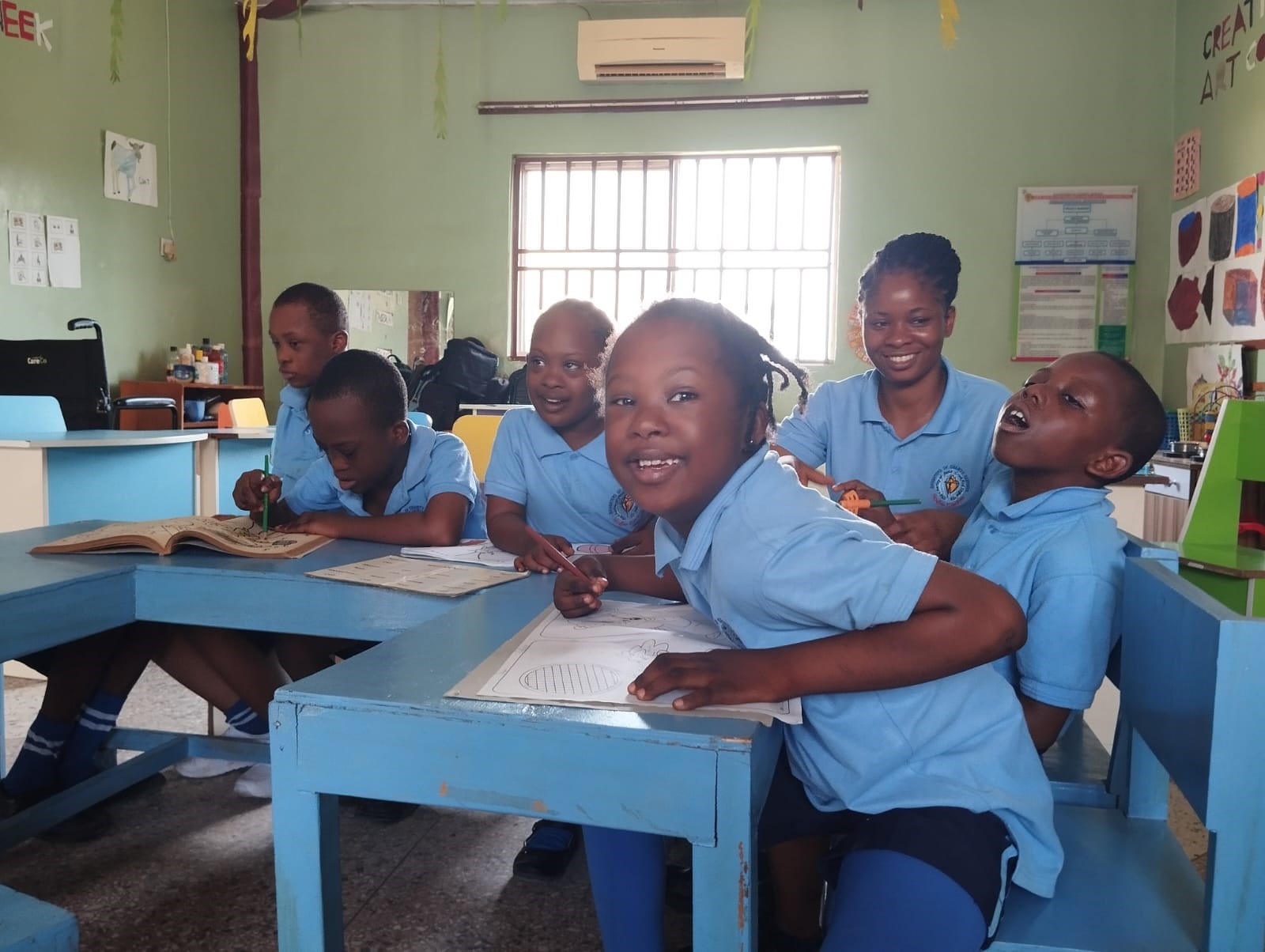In Nigeria, empowering health and education for children with disabilities

Project: EmPowering health and education for children with disabilities in Nigeria
Country & region/location: Nigeria, Ntezi Abba – Ebonyi State; Lugbe and Kurudu – Abuja State; New Oko Oba Abule Egba – Lagos State; Eziora and Ifite-Oraifite – Anambra State
Category: Energy & Education
Nigeria is home to 32 million people with disabilities, most of whom are children who often reside in poor families and face significant discrimination. Access to health and educational facilities for children with disabilities (CWD) is particularly limited, especially in rural areas. The available centers play a crucial role in their communities as they ensure that CWD is able to learn, receive proper medical care, and rehabilitate effectively. A major struggle for these centers is the unreliable power supply. Even when connected to the national grid, the power supply is inconsistent and unreliable, so many depend on expensive petrol and diesel generators.
Stable electricity is vital for the functioning of medical equipment in health facilities to operate essential, e.g. laboratory diagnostic machines, physiotherapy equipment, and brainwave therapies. Schools must run teaching aids and equipment such as interactive learning boards, computers, and projectors. This is now hampered.
MIVA’s project will install comprehensive solar energy solutions at 3 healthcare clinics and 3 inclusive schools in Nigeria. The primary objective is to provide affordable and sustainable electricity to enhance access to healthcare and education for children with disabilities (CWD). By transitioning to solar power, they can focus resources on their core mission of providing healthcare, rehabilitation, and education for CWD. Additionally, the project contributes to environmental sustainability by reducing carbon footprints and setting a positive example for the community.
The project promotes the active involvement of beneficiaries and stakeholders through capacity-building initiatives and local partnerships. Local suppliers and maintenance partners will be engaged, ensuring community participation and sustainability. Training and awareness sessions will further integrate the beneficiaries into the project, fostering a sense of ownership and empowerment.
Expected results:
- 3 Rehabilitation centers (healthcare centers) and 3 Inclusive schools for children with special needs powered by solar energy
- Uninterrupted energy service to provide quality health and educational services
- 14 staff members trained on the operation and maintenance of solar systems
- Savings of ~1.400€/month, ~17.000€/year for the 6 institutions
- Improved access to clean, renewable, and reliable energy in health and education facilities
- Increased access to healthcare services and increased access to educational services for CWD
- Reduced dependency on diesel generators
- Increase in knowledge on operation and maintenance of solar systems


